Are Salt Water Softeners Illegal in California?
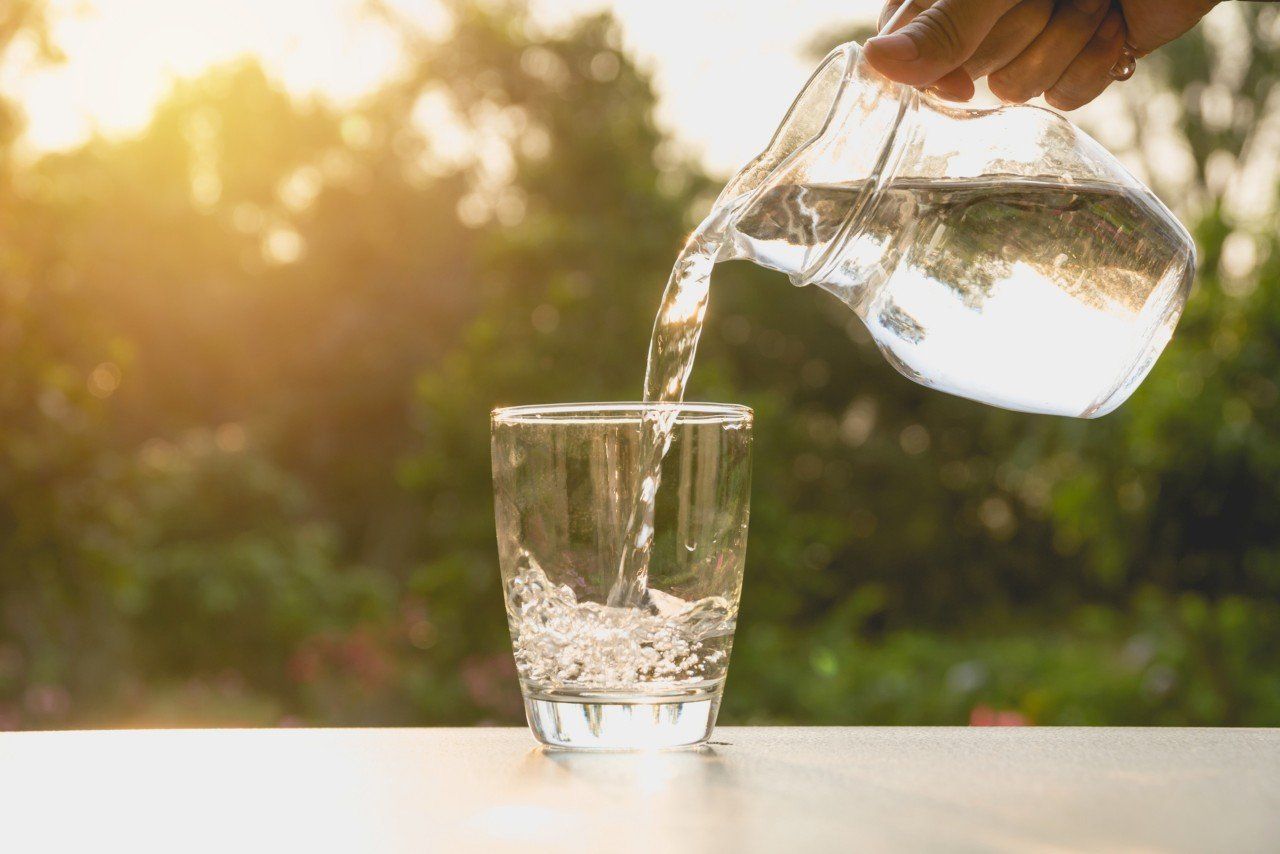
Do you suffer and struggle with poor water quality in your home? You’re not alone—hard water is one of the most common issues home and business owners have to deal with across the state of California. It’s far from a new problem, and that’s why we’ve developed a number of ways of actively countering it, including the use of a water softener system. However, if you’ve done any preliminary research about water softeners, you may have come across something telling you that water softener systems aren’t legal in the state, and that installing one could lead to some pretty serious consequences.
Could this be true? Our team at Encinitas Plumbing will help you make sense of all of this frustrating and seemingly contradictory info here in this blog and help you understand whether a water softener system is legal and the right choice for you.
What the Law Says About Water Softeners
So first, let’s answer the question at hand: are water softener systems actually illegal? The answer: some are. Specifically, salt-based water softeners are no longer legal to install in homes across the state. Traditional water softener systems run your water through a vat of resin beads. These resin beads are where calcium and magnesium molecules dissolved in your water actually places with sodium molecules, leaving your water softer and better quality for your home.
Sounds simple, right? Well, not quite. With these older systems, after the exchange took place, the sodium chloride molecules in the tank would separate out and be flushed away down the drain, along with a rather considerable amount of water. In fact, these sodium-based water softeners would waste up to 150 gallons of water every week! On top of that, the sodium and chloride-filled wastewater are not environmentally-friendly and wind up further polluting our sewers and contaminating groundwater basins, recycled water, and more. The cost of treating this wastewater is significantly higher than other types of waste, and much of the water treated in this way still isn’t recoverable.
Thus, in 2005, California took action and made it legal for communities to ban this type of water softener in order to meet toughening environmental standards. However, the action of leaving it up to local authorities was largely symbolic—the state also implemented heavy fines for cities and towns that did not meet environmental discharge standards, essentially forcing communities to take action and remove these types of water softeners from their homes.
As of 2014, 25 California communities had outright banned sodium or potassium-based water softeners, and dozens more have followed suit in the six years since that figure was released as well.
EXPLORE OUR WATER TREATMENT SERVICES
What Water Softeners Are Legal?
What types of water softener systems are legal? As you might expect, any sort of water softener system that is salt-free is generally legal. There are several different types of systems available, including softener systems with a variety of different sizes and capacities. Smaller homes might need a smaller system while larger homes or homes with a lot of people in them might require a greater capacity in order to keep up with peak water usage needs. Our team here at Encinitas Plumbing can install one for you.
Alternatively, another type of water treatment system exists: a water filtration system. Water filtration is different from a water softener because it doesn’t add anything to your water in order to counteract or replace something else. Instead, these systems use a series of filtration media to actually physically remove these substances from your water outright. Think of it sort of like running flour through a series of finer and finer sieves in order to remove and eliminate clumps.
Today, there are a variety of whole-home water filtration systems available on the market that have the capacity to provide clean water to every single tap, faucet, and fixture in your home. This means even your tap water will be bottled-water quality, and you’ll enjoy healthier skin, stronger hair, better-tasting food, softer laundry, and so much more!
Interested in getting better quality water in your home? Request a consultation and water quality test from the team at Encinitas Plumbing by calling (760) 230-5140 today!
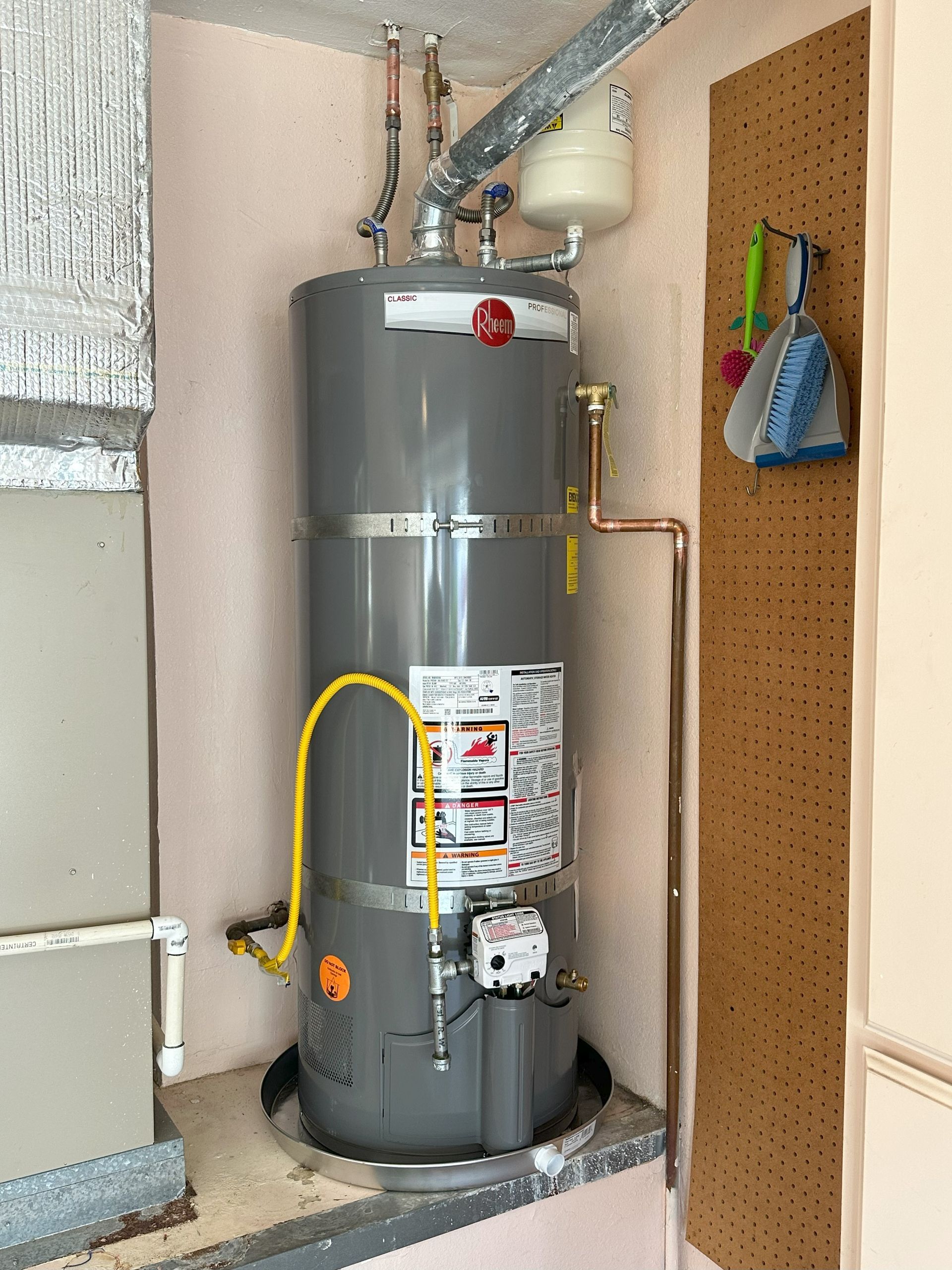
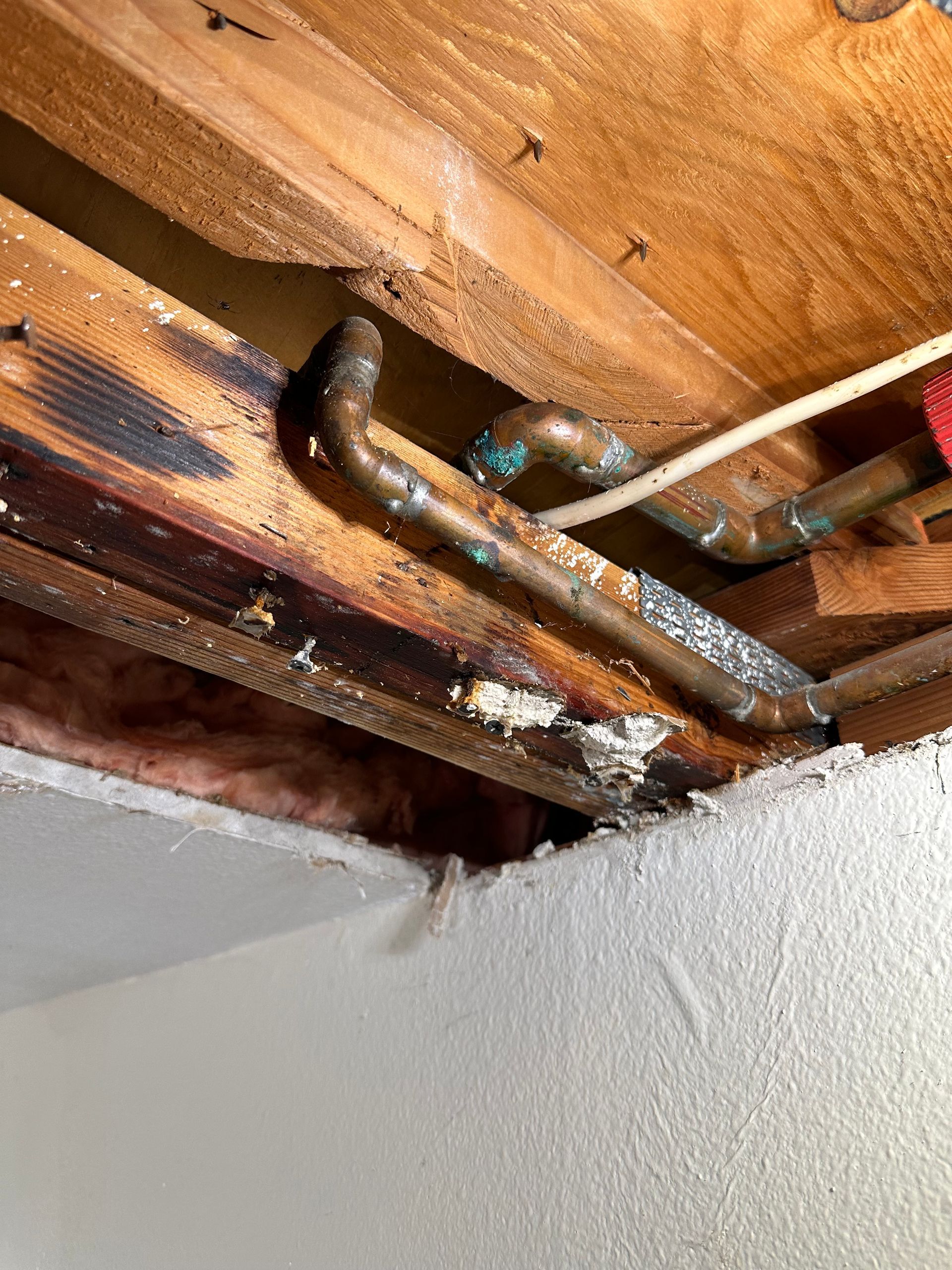
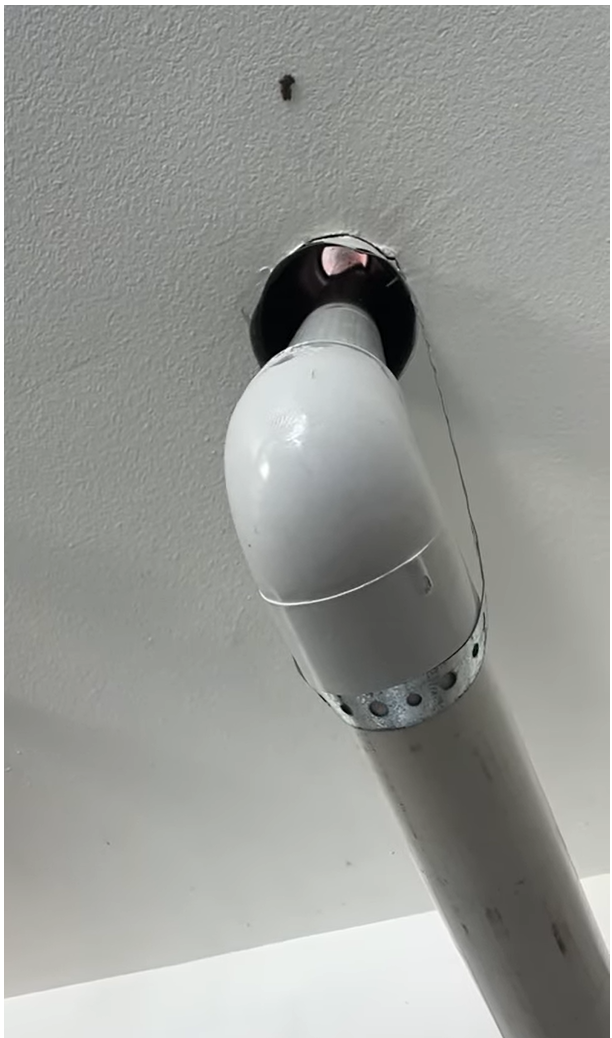
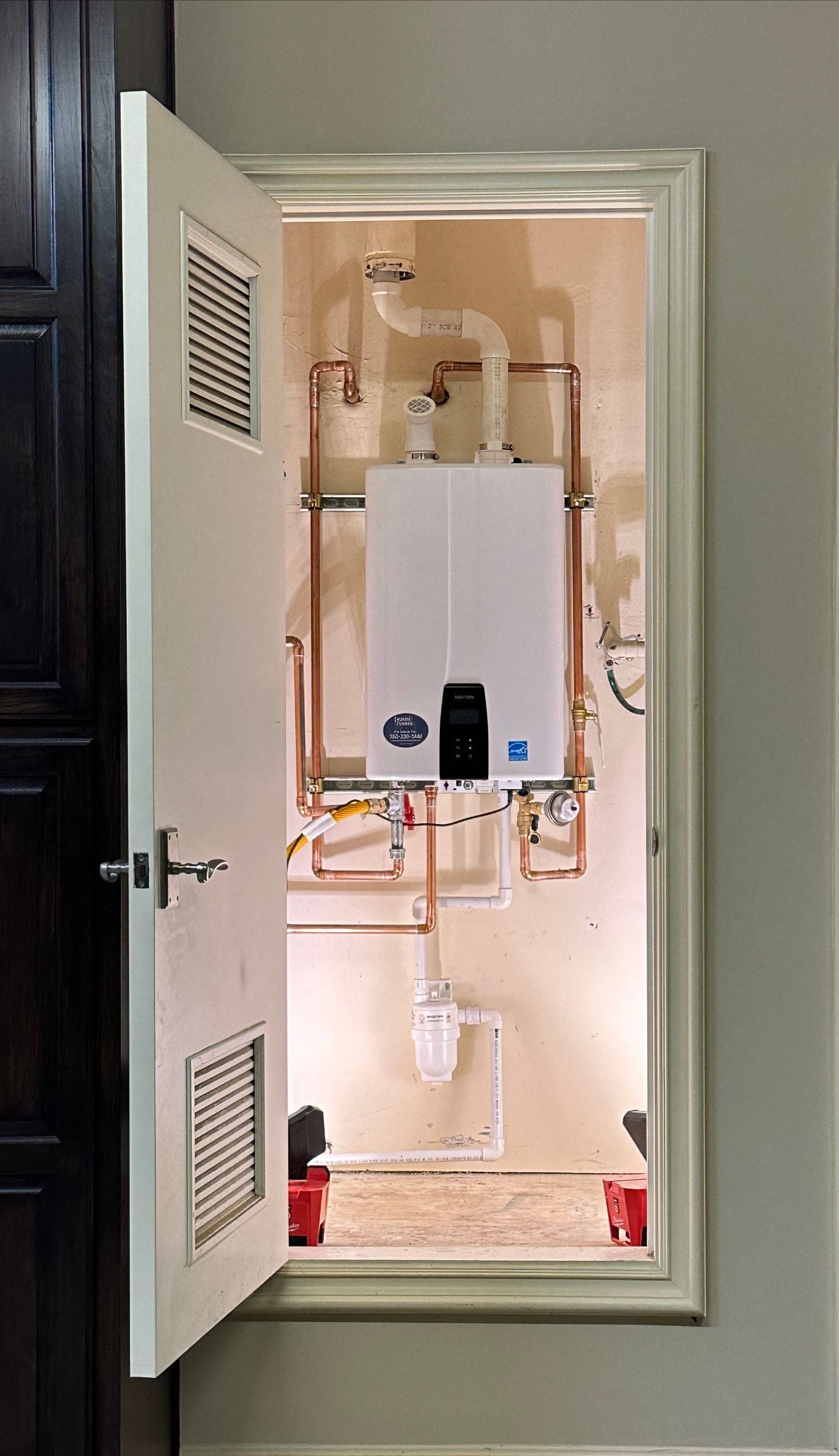

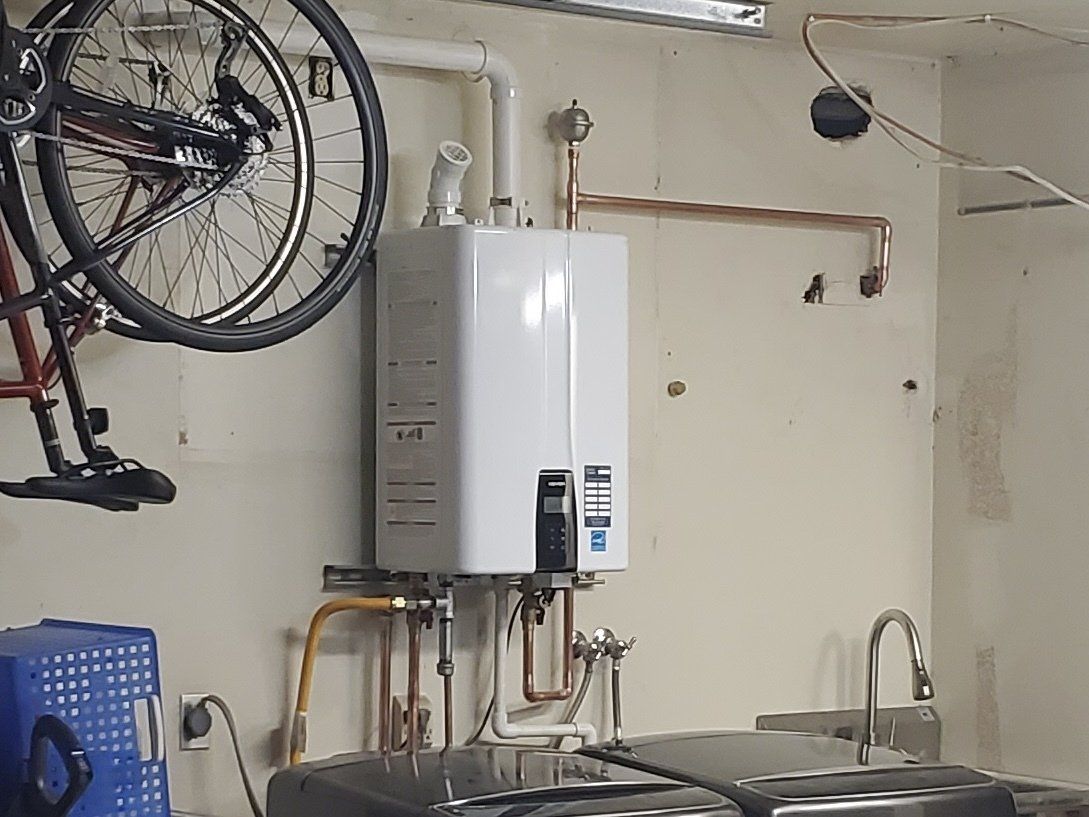
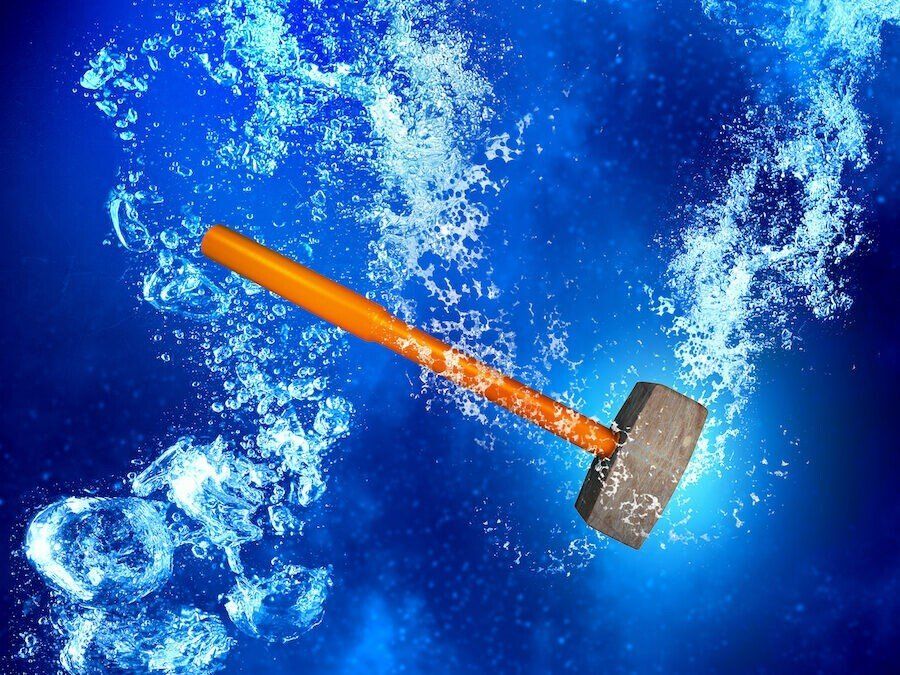
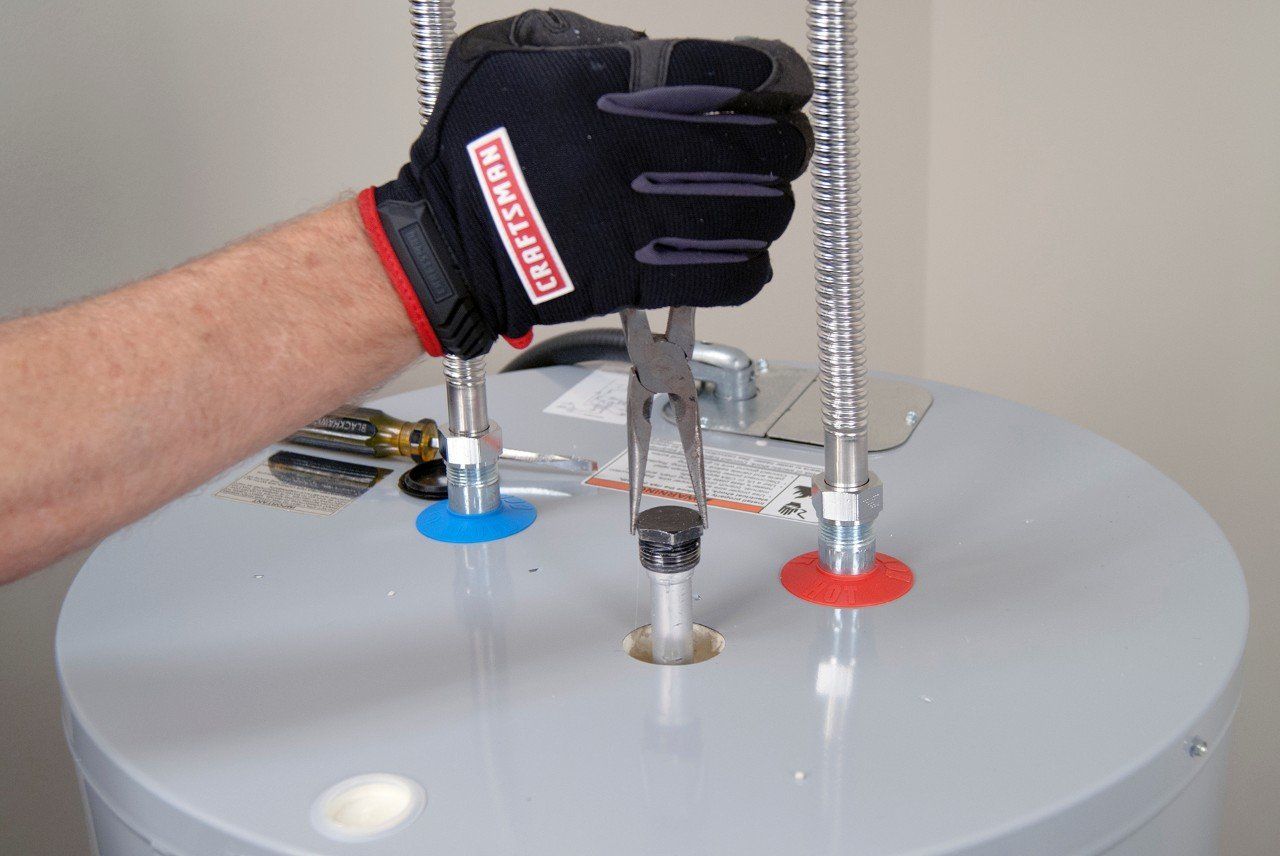
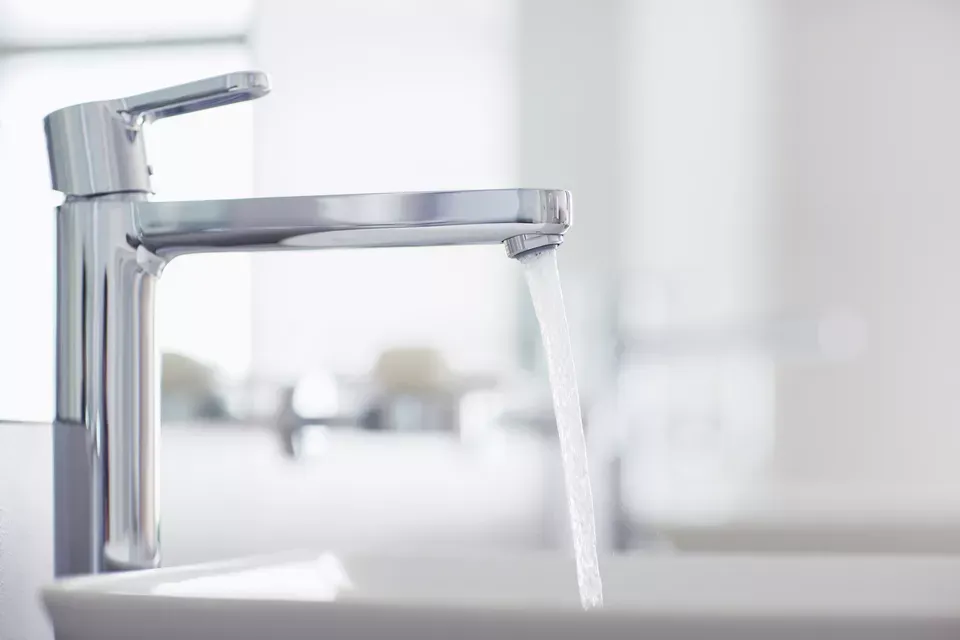
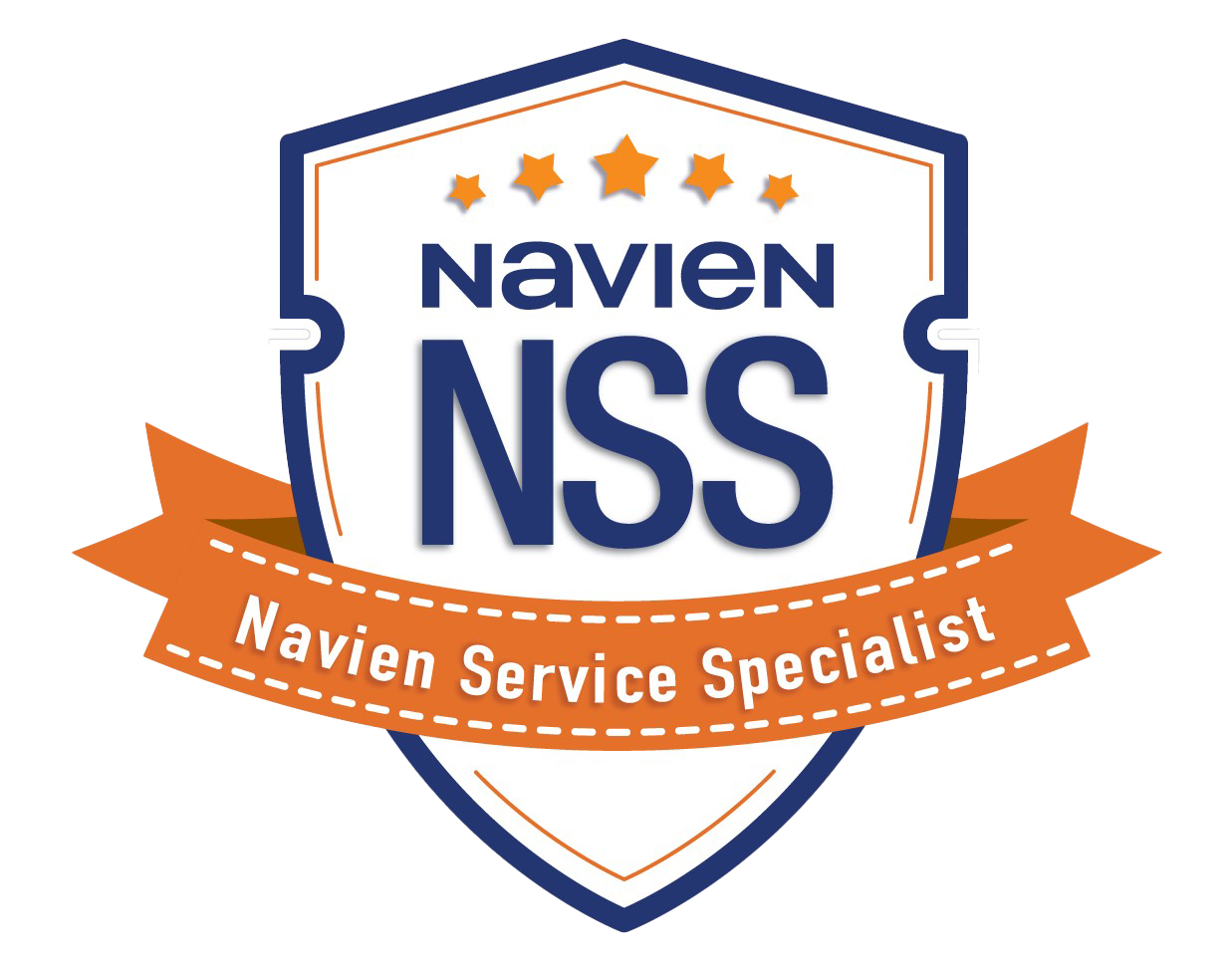
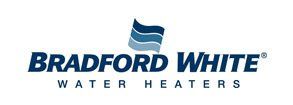









Share On: